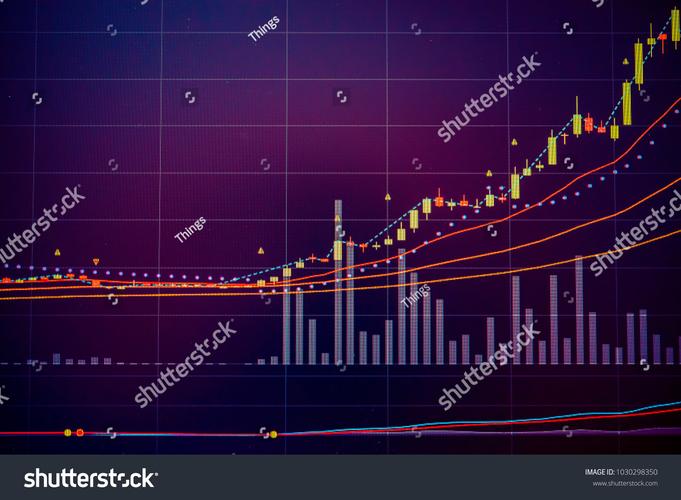Stock Market Trends and Their Impact on Investors
 summary:
Stock market trends and their impact on investors is a crucial aspect to consider. Investo...
summary:
Stock market trends and their impact on investors is a crucial aspect to consider. Investo... Stock market trends and their impact on investors is a crucial aspect to consider. Investors need to stay updated with market fluctuations as these trends can significantly affect their investments. The stock market is volatile and unpredictable, with constant changes in prices and trends. Understanding these trends helps investors make informed decisions and reduce risks. Moreover, it helps investors identify opportunities and invest in stocks that align with their investment goals and risk tolerance. In conclusion, staying informed about stock market trends is essential for every investor to make profitable investments.
In the fast-paced world of finance, the stock market is a constantly evolving landscape that investors closely monitor for opportunities and threats. Understanding the dynamics of stock market trends is crucial for making informed investment decisions. In this article, we will explore the various factors that influence stock market movements and their impact on investors.
Stock markets are influenced by a range of factors, including economic indicators, political events, global market conditions, and company-specific news. Understanding these factors helps investors identify patterns and trends that can guide their investment strategies.
Economic indicators play a significant role in determining stock market trends. For instance, GDP growth, interest rates, inflation, and employment data are some of the key economic factors that influence stock market performance. When the economy is growing and performing well, it usually leads to higher corporate profits and stock prices. Conversely, a weak economy can negatively impact stock prices.
Political events and policies can also have a significant impact on stock markets. Changes in government policies, regulatory frameworks, and trade agreements can affect industries and companies differently. For example, changes in tax policies or trade tariffs can benefit certain industries while hurting others. Investors need to stay informed about political developments to understand their potential impact on stock markets.
Global market conditions also play a role in determining stock market trends. Global economic growth, global trade, and international political events can influence stock markets across different countries and regions. Investors need to monitor global events to identify trends that can affect their investments.
Company-specific news and developments are also important factors that influence stock prices. Earnings reports, new product launches, mergers and acquisitions, and management changes are some of the key company events that investors need to consider. These events can affect a company's performance and stock prices in the short and long term.
Investors need to stay informed about stock market trends to make informed investment decisions. They need to monitor various news sources, economic indicators, political developments, and company-specific events to identify patterns and trends that can guide their investment strategies.
However, it's important to note that stock markets are volatile and unpredictable. While trends can provide valuable insights and help investors make informed decisions, they cannot guarantee future performance. Investors need to carefully assess risks and develop sound investment strategies that align with their risk tolerance and investment objectives.
Moreover, investors should remember that past performance is not indicative of future results. Stock markets can undergo significant changes over time, and investors need to be prepared for market fluctuations. Diversification is a key strategy to mitigate risks and enhance returns in stock markets. By investing in different sectors and companies, investors can reduce their exposure to specific risks and increase their overall returns.
In conclusion, understanding stock market trends is crucial for making informed investment decisions. However, investors need to stay informed about various factors that influence stock markets and develop sound investment strategies that align with their risk tolerance and investment objectives. They should also remember that past performance is not indicative of future results and be prepared for market fluctuations. By staying informed and making informed decisions, investors can navigate the stock market landscape effectively and achieve their investment goals.

